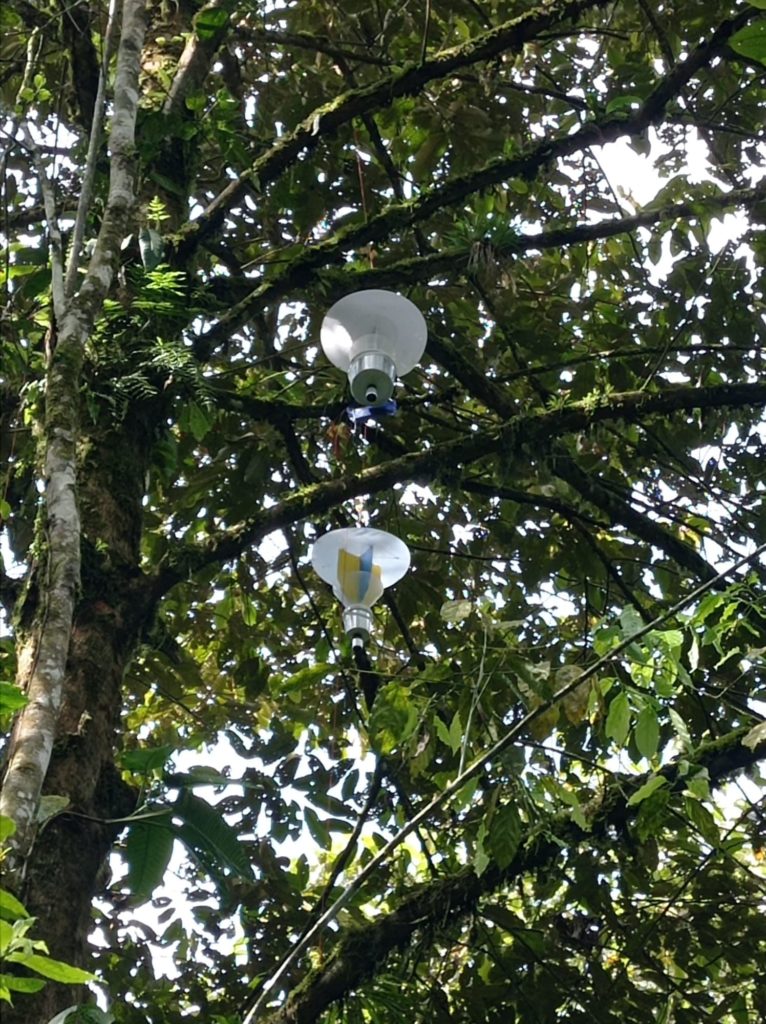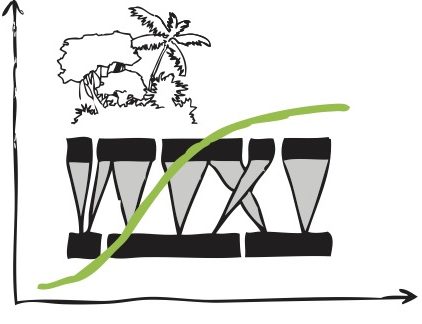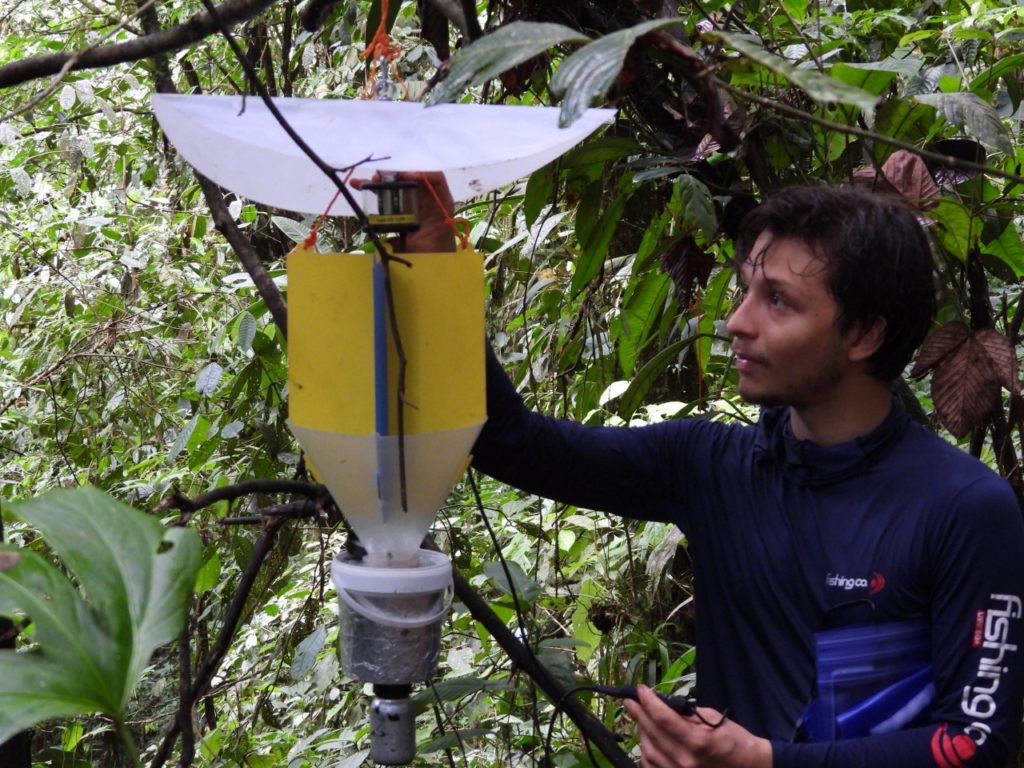
My research focuses on plant-pollinator interactions in the tropics, with an emphasis on syndrome theory, urban pollination, and interaction networks, with special attention to nectarivorous bats and, more recently, insects such as bees and moths. Most of my research has been conducted with chiropterophilous species in Brazil in the largely understudied seasonal savannas of the Cerrado or the Caatinga dry forests. My main interests are understanding how and why pollinators select their resource plants and how interactions scale up to form complex networks.
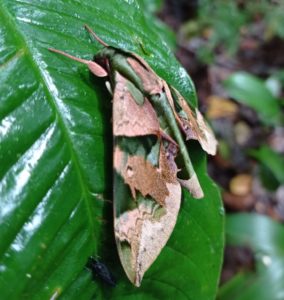
With my PhD research, I aim at understanding how diurnal and nocturnal pollination networks re-assemble after disturbances (i.e. deforestation) in the biodiversity hotspot of the Ecuadorian Chocó. Using a functional trait perspective, my main objective is to shed light on the traits shared by plants and pollinators that allow them either to withstand disturbances or to colonize newly-disturbed habitats and restore complexity to the community. Within this framework, I am also investigating how networks reassemble at different spatial levels: the understory and the canopy, the latter a rarely sampled space within the forest.
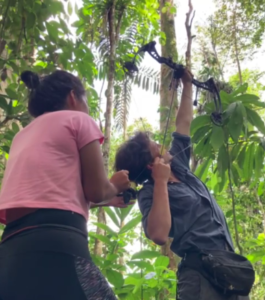
Aside from exploring the effect of disturbance on community-wide interaction patterns, I will also explore how secondary processes are affected, such as pollination service (pollen transfer and fruit set) and pollinator provisioning (bee population dynamics and survival) to extract conservation-oriented conclusions.
